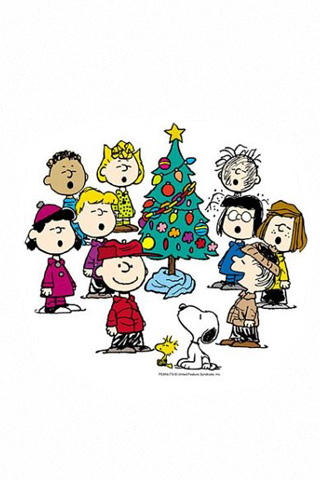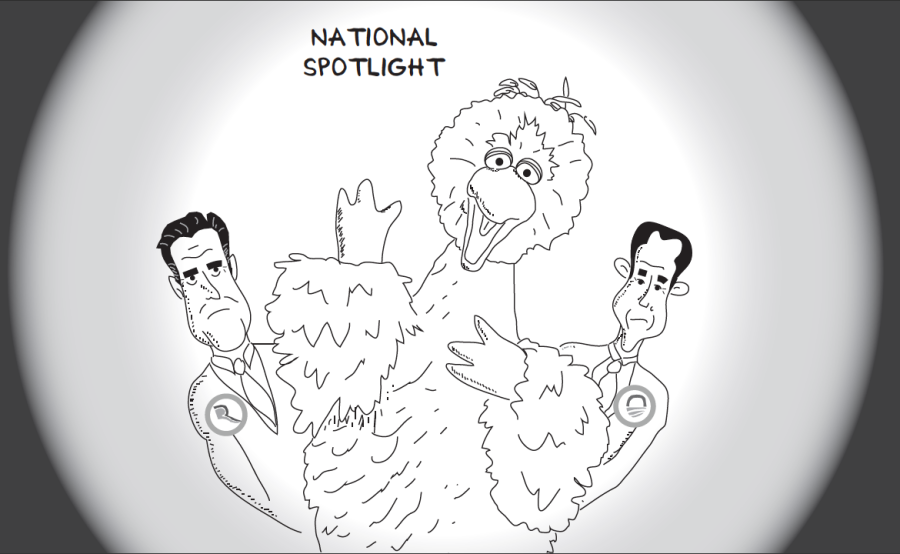I walked a couple blocks down the street last night to grab some late-night Chinese food. It was just me in the restaurant, a lonely American in Paris stuffing himself with pork egg rolls, other than the lady behind the counter and the young boy I assumed was her son. He was sitting behind a laptop watching a cartoon in French. It seemed like a good one, too: lots of action-like “whooshes” and “crunches” coming from the speakers. But when he jumped to his feet to talk to his mom, their conversation was in Chinese.
He made me curious, this little guy. I wondered how long he and his family had been living in France. If it hadn’t been long, then I’m sure his cartoons, the learning method my dad has cited coming to the States from Sicily as a young kid, were helping him learn the language. Some of my French friends have confirmed this recently: Many who learned English growing up learned the most not from the classroom but from watching television shows and movies.
This is an incredible thing here. TV is such a powerful learning tool for kids, whether at home or abroad, learning languages, counting, science or geography. But the fact of the matter is these programs seem fewer and farther between in the repertoire of what kids watch these days. Has educational programming fallen into the wrong hands?
According to the University of Michigan Health System, kids ages six to 11 spend about 28 hours per week in front of the tube. Younger tots spend even more time, about 32 hours. Honestly, if we have something that can channel kids’ attention toward things they need to learn, TV is it. One part of the solution here is obvious and overstated: Kids should spend more of their free time reading books – television’s intellectually challenging cousin – or outside playing “monkey in the middle.” It’s true. But this is the television age, and whether we like it or not, the kids of this generation will always be surrounded by a culture that gets much of its interaction and culture from a TV screen.
The thing is, we have known this about kids for a very long time, and yet grown-ups no longer seem to make the effort to give kids something worth watching. For naysayers, I give you the ugly Goliath example of this trend: TLC, the inaccurate acronym for The Learning Channel. If you can believe it, the current home to “Breaking Amish” and the wholesome “19 Kids and Counting” was conceived by NASA and the Department of Health, Education and Welfare for the purpose of showing documentaries for adults and kids alike. After it was privatized, profits didn’t come in, and that’s how “Honey Boo Boo” came to be. Thankfully, I don’t think any of this channel is still left for kids.
It’s not that there’s no value in some of the cartoons and similar programming directed at youngsters, though. As a product of the ’90s cartoon boom, I will always support the value of a good kids show. I think “Hey Arnold,” a personal favorite, was the perfect program to give kids the idea of inclusivity and the benefits of being “different.” But the value here only comes from a critical analysis of the show – something organizations like the Center for Media Literacy believe should be taught in conjunction with cartoons and kids shows. It’s certainly food for thought, the idea of letting kids analyze their TV the way they’re taught to analyze books.
With that said, I also grew up with the advantage of “Bill Nye the Science Guy” and PBS greats like “Sesame Street” – shows directly aimed at giving kids some actual relevant knowledge they can take away from the screen. PBS should always be supported because of this fact alone – without the profit incentive, this station in particular has proven time and time again that it understands the power of television to teach kids and the ways in which education can be implemented.
I felt my connection with the boy in the restaurant grow stronger when he wrestled away some pork egg rolls from behind the counter and popped them in the microwave. Good choice, kid. I should ask him what show he’s watching next time – I could probably use the French lessons, too.
—
Tony Manno is a junior double majoring in journalism and writing-intensive English. Email him at [email protected].
Story continues below advertisement


